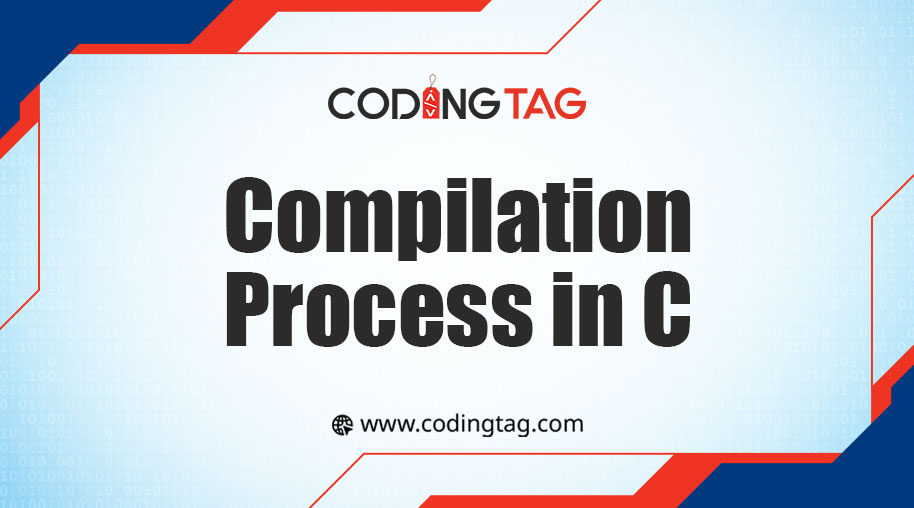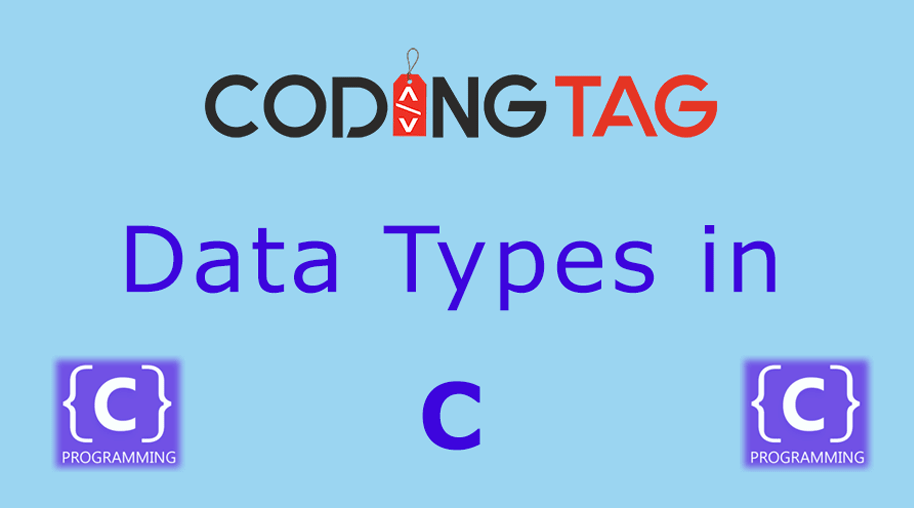Difference between exit() and return() in C
0 1046
In C programming, both exit() and return() terminate program or function execution, but with distinct purposes and behaviors.
exit() is used to end the entire program and return control to the OS, commonly for cleanup or upon encountering critical errors.
return(), however, exits a function, providing a value to its caller while allowing program execution to continue.
header file.
return():
Syntax:
return(): Terminates the function's execution and returns control to the caller function. After return(), the program resumes execution from the function call. Doesn't perform cleanup activities, assuming the caller function handles necessary cleanup.
return(): Passes a value back to the caller function. The value can be of any type matching the function's return type. Typically used for further processing or decision-making in the caller function.
return(): Explicitly returns control to the caller function, allowing precise control of program flow. return() can be invoked from any location within a function. Multiple return statements can be used within a function for different conditions.
Example:
Purpose
exit(): Terminates the entire program, returning control to the operating system. Typically used for graceful program termination or handling unrecoverable errors. return(): Ends the execution of a function, providing a value (if non-void) to the caller function. Used to denote the end of a function's execution and return a specific result.Usage
exit(): Syntax:void exit(int status);Typically called from main() or other functions to end the entire program. Included in the <stdlib.h>
return [expression];Used within a function to return a value to the calling function. Applicable in any function with a return type other than void. Can be used multiple times within a function with different return values.
Program Termination
exit(): Immediately terminates the program without executing further statements. Performs cleanup activities like closing files and freeing memory. Returns a status code to the operating system indicating program success or failure.return(): Terminates the function's execution and returns control to the caller function. After return(), the program resumes execution from the function call. Doesn't perform cleanup activities, assuming the caller function handles necessary cleanup.
Value Passing
exit(): Doesn't directly return a value to the caller function. Terminates the program and returns a status code to the calling environment.return(): Passes a value back to the caller function. The value can be of any type matching the function's return type. Typically used for further processing or decision-making in the caller function.
Function Execution Flow Control
exit(): Primarily used for abnormal termination or program completion. Doesn't allow fine-grained control of program flow. Once called, program control doesn't return to the point where exit() was invoked.return(): Explicitly returns control to the caller function, allowing precise control of program flow. return() can be invoked from any location within a function. Multiple return statements can be used within a function for different conditions.
Example:
// program for exit and return in C #include<stdio.h>Output:#include<stdlib.h> // Function to divide two numbers int divide(int a, int b) { if (b == 0) { printf("Error: Division by zero!\n"); exit(1); // Abnormal termination using exit() } return a / b; // Normal termination using return() } int main() { int result1 = divide(10, 2); // Normal termination using return() printf("Result 1: %d\n", result1); int result2 = divide(8, 0); // Abnormal termination using exit() printf("Result 2: %d\n", result2); // This line won't execute printf("Program execution continues after divide() function\n"); return 0; }
ERROR! Result 1: 5 Error: Division by zero!In this program, exit() is used to handle an unrecoverable error condition (division by zero). When exit() is called due to the error, the program terminates immediately without further execution. On the other hand, return() is used to exit the divide() function normally and return a result back to the caller function (main() in this case). Program execution continues after the function call, demonstrating the difference in behavior between exit() and return(). This illustrates how exit() and return() serve different purposes in C programming, facilitating either program termination or function completion, respectively.

Share:








Comments
Waiting for your comments